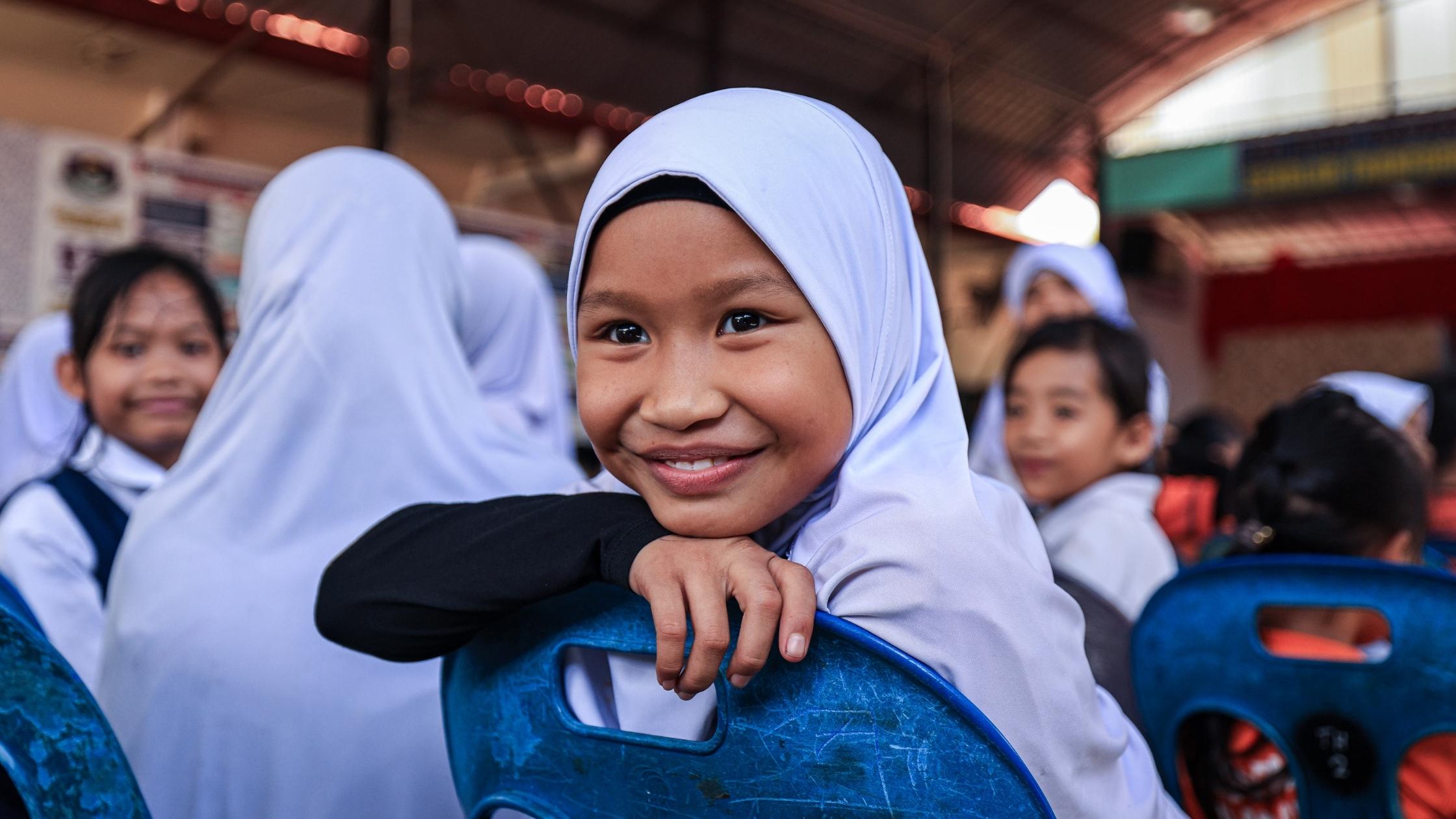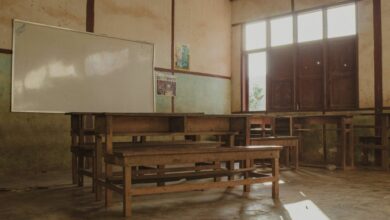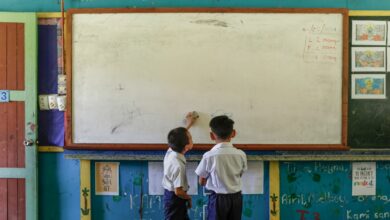I remembered reading about an 11-year-old girl from Sabah who realized during a comprehensive sex education class that what her grandfather had been doing to her was sexual abuse. That lesson gave her the words and the courage to speak up. She told her teacher, and eventually, her grandfather was sentenced to jail.
Without that class, she might never have known what was happening to her. She might have continued suffering in silence.
Stories like hers – and countless others we keep hearing on the news – are a painful reminder that comprehensive sex education isn’t just a nice-to-have. It’s a lifeline, especially for girls.
Wait, what is Comprehensive Sex Ed?

There’s still a lot of misunderstanding about what comprehensive sex education actually teaches. Many people assume it’s about encouraging children to have sex. But that’s not true!
Comprehensive sex education isn’t just a nice-to-have. It’s a lifeline, especially for girls.
Comprehensive sex ed helps us understand our bodies, our feelings, and our relationships in a healthy and informed way. It includes learning about the changes that come with puberty, understanding how to take care of our sexual and reproductive health, and knowing how to protect ourselves from unplanned pregnancy, sexually transmitted infections, and abuse.
It also teaches young people how to set boundaries, how to say no when something doesn’t feel right, and how to respect the boundaries and choices of others. And most importantly, it helps remove the shame from these topics. When children are given a safe space to ask questions and talk openly, they grow up more confident, better informed, and more prepared to make decisions that protect their health and wellbeing.
When schools stay silent, young people suffer

In Malaysia today, whether or not a child receives sex education depends mostly on luck. Some children might get it in school if their teachers are comfortable enough to teach it. Others might access it through a workshop by an NGO or community group. But many children grow up without any of this knowledge at all.
Without (non-judgmental) comprehensive sex education, children and teenagers are more vulnerable to risks like teen pregnancy, which can often lead to child marriage or unsafe abortions. They’re also more likely to become victims of online grooming and sexual exploitation, especially when they’re curious but not equipped with the right information. Some may contract sexually transmitted infections simply because they don’t know how to protect themselves.
These aren’t just worst-case scenarios. They’re happening all the time, across the country.
Comprehensive Sex Education is a shared responsibility

Right now, much of the work to provide comprehensive sex education in Malaysia is being carried out by NGOs, youth-led groups, and individual educators. Their work is inspiring and incredibly important. But they cannot be expected to reach every child, in every school, in every part of the country.
Comprehensive sex education needs to be a national priority. It must be included in the school curriculum, taught consistently and thoughtfully, and made relevant to the cultural and social context of each community.
Teachers need proper training and support so they can teach this subject with confidence and care. Parents also need to be part of the conversation — not to replace formal education, but to reinforce it. And most importantly, children need safe, open spaces where they can learn, talk, and be heard.
We can no longer afford to treat comprehensive sex education as something controversial or shameful. It’s not about corrupting children — it’s about protecting them.
The time to act is now

We don’t need to wait for another tragedy to know why this matters. The warning signs are all around us. Young people are growing up in a world full of information, risks, and pressures — both online and offline — and many are left to figure things out on their own.
Let’s clear something up: sex education isn’t about encouraging sex. It’s about helping you understand your body, your boundaries, your rights. It’s about knowing how to say no.
You have the right to learn how to protect yourself. Not just in emergencies, but in everyday life.
Let’s clear something up: sex education isn’t about encouraging sex. It’s about helping you understand your body, your boundaries, your rights. It’s about knowing how to say no. How to ask questions. How to speak up when something doesn’t feel right. And how to support your friends when they need help.
Ask questions in class. Start conversations with friends. Speak up when the topic gets pushed aside or treated like a joke. Online, share your views. Support groups fighting for real, honest, age-appropriate sex education. Call out the stigma. Correct the myths.
Because real sex education doesn’t harm us. It protects us.
The more we talk about this, the more people will listen. And the more we push, the harder it will be to ignore us.
Every young person in Malaysia deserves education that’s honest, inclusive, and protective – not silence and shame. Let’s make that happen.
READ >> 650 million girls and women experienced sexual violence as children




